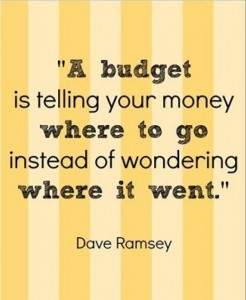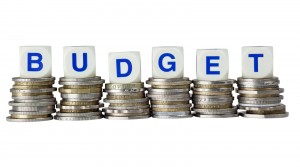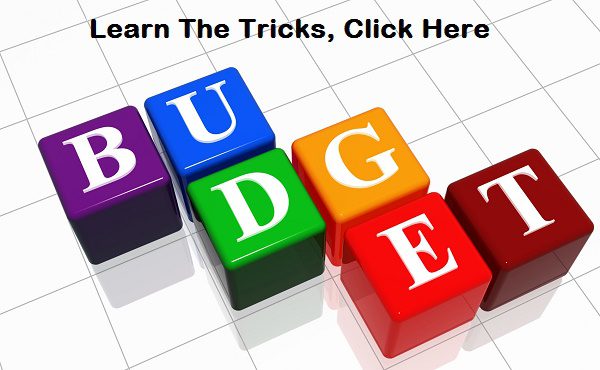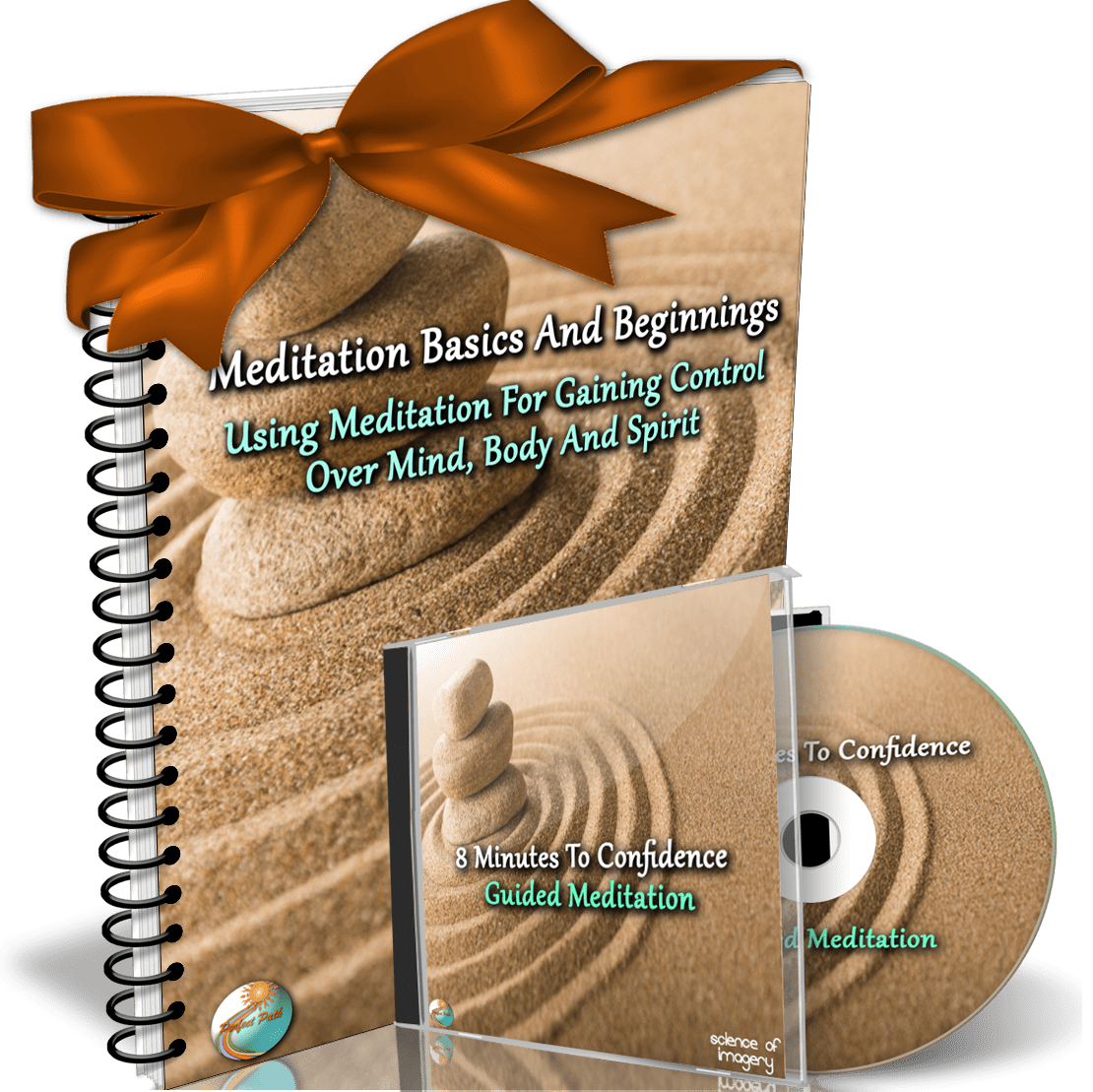
Do you know how to budget?
Knowing how to budget properly is vital when it comes to creating a comfortable life. Let’s be honest, life is much less stressful when we don’t have to worry about trying to pull money out of the thin air. For some people, making a budget and sticking to it is rather simple. However, some people have a very hard time with it and have the circumstances to show for it.
With the right tips, budgeting is more than possible. Check out these helpful ideas from about money.
What a Budget Does
Though making a budget may not sound like the most exciting activity (and for some it is downright scary), it is vital to keeping your financial house in order as budgets rely on balance. If you spend less in one area, you can spend more in another or choose to save that money for a larger future purchase, building a “rainy day” fund, or even for retirement.
Before you begin to make your budget, it is important to realize that in order to be successful you have to provide as much detailed and accurate information as possible. Ultimately, the end result of your new budget will show you where your money is coming from, how much is there, and where it is all going each month. With a budget, you can begin to prioritize your spending and better manage your money and financial future.

How to Make a Budget
The following is a step-by-step guide to making an accurate and helpful personal budget.
1. Gather every financial statement you can.
This includes bank statements, investment accounts, recent utility bills, and any information regarding a source of income or expense. One of the keys in the budget-making process is to create a monthly average, so the more information you can dig up the better.
2. Record all of your sources of income.
If you are self-employed or have any outside sources of income, be sure to record these as well. If your income is in the form of a regular paycheck where taxes are automatically deducted then using the net income, or take home pay, amount is fine. Record this total income as a monthly amount.
3. Create a list of monthly expenses.
Write down a list of all the expected expenses you plan on incurring over the course of a month. This includes a mortgage payment, car payments, auto insurance, groceries, utilities, entertainment, dry cleaning, student loans, retirement or college savings — essentially everything you spend money on.
It is important to review your budget on a regular basis to make sure you are staying on track. After the first month take a minute to sit down and compare the actual expenses versus what you had created in the budget. This will show you where you did well and where you may need to improve.
Image Credit: pakglob
To see the rest of the tips as well as other helpful financial information, about money




07/07/2017
Thanks, I love to hear more. It a nice and wonderful peace.
07/11/2017
Hi Vincent,
I’m glad that you enjoyed the post! Budgeting can be tricky but it definitely pays off in the long run. I hope you are able to use this information to create a financially stable life.
Have a great day!
-Sterling